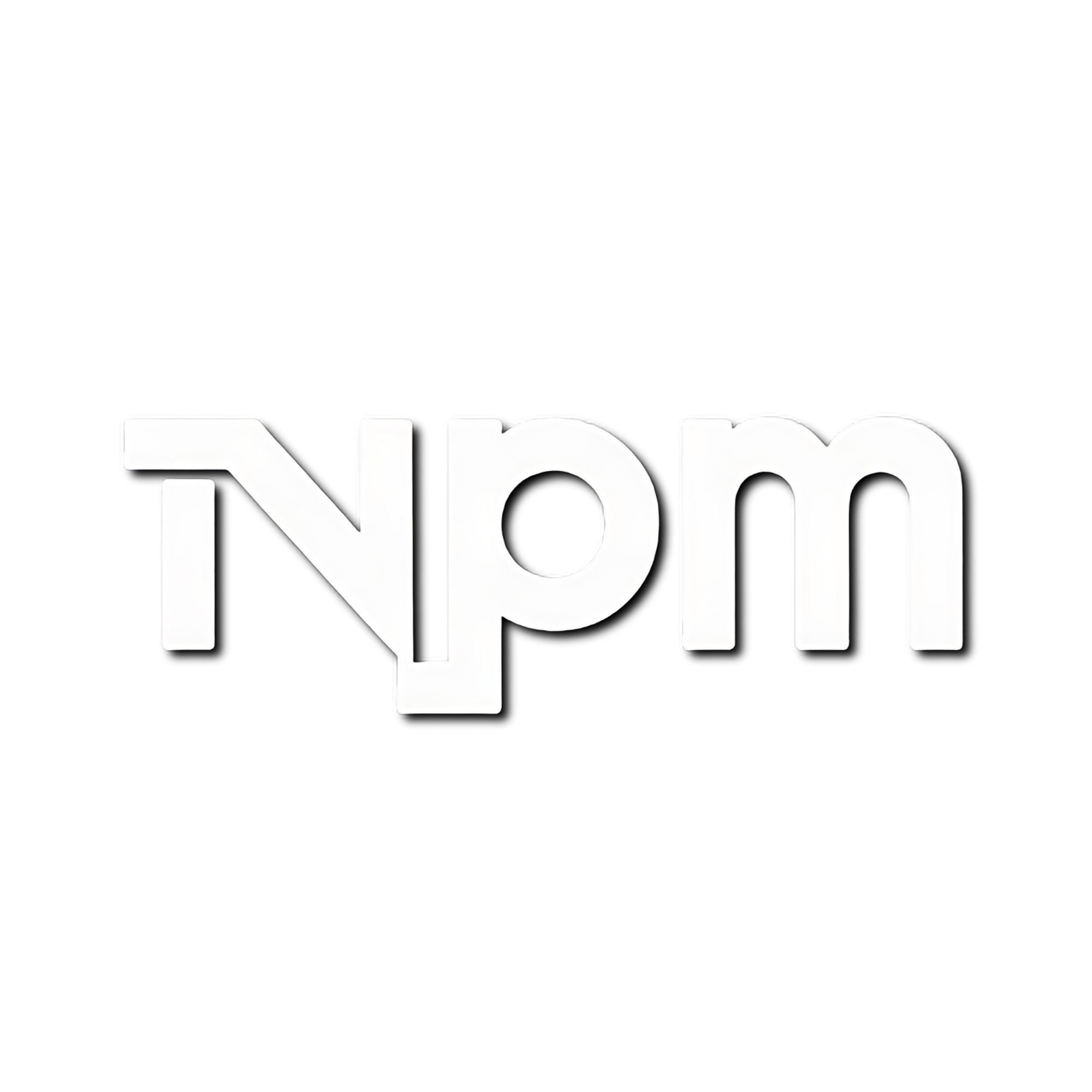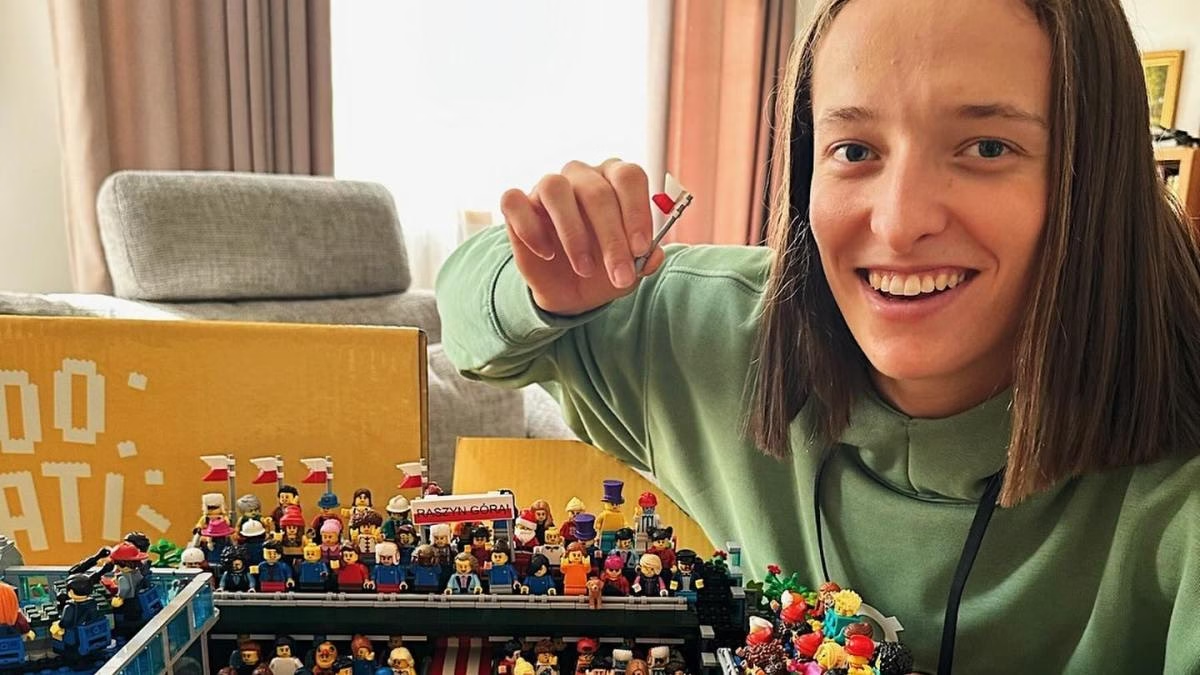When Iga Swiatek lost in the semi-finals of the Paris Olympics in August last year, a flood of commiserations poured in on social media.
One of the messages was from Donald Tusk, the prime minister of Poland. “Iga, we are all a bit sad,” Tusk posted on X, “but please remember: we are with you, for better or for worse!”
Eleven months later, as the “Queen of Clay” conquered the grass of Wimbledon on Saturday, Tusk was able to tweet triumphantly. “Wimbledon is 148 years old, and no one, neither man nor woman, has ever won the final without losing a game! Iga has made history, although Her story is really just beginning,” he wrote.
Swiatek, 24, beat the United States’s Amanda Anisimova, 23, with a brutal 6-0, 6-0 score completed in 57 minutes, the quickest final since 2014. The last time a player won in straight sets without losing a game was the 1911 victory of Dorothea Lambert Chambers, a seven-time Wimbledon winner, over Dora Boothby.
After her 6-0, 6-0 victory — known in tennis as the “double bagel” — Swiatek said: “This is the best feeling a player can have.” She is the first Polish champion at Wimbledon.
The former world No 1 was already a national treasure in a country not typically famed for its sporting prowess. Poland won a single gold medal at the last summer Olympics, compared with Germany’s 12 and France’s 16.
Tusk’s remarks have also symbolised something more: Poland rallying behind its best-known athlete, who is unafraid to be true to her heritage on the world stage.
• Wimbledon live: follow reaction
Most of the world’s sporting superstars are typically sponsored by a small group of big businesses. The American behemoth Nike is a prime example. Sunday’s men’s finalists, Jannik Sinner from Italy and Carlos Alcaraz from Spain, as well as Aryna Sabalenka from Belarus and Jack Draper from Britain, are all sponsored by the company. Novak Djokovic, the Serbian who has won Wimbledon seven times, is sponsored by the French fashion house Lacoste for an estimated €8 million (£7 million) per year.
But Swiatek, who is now world No 4 and entered Wimbledon this year as the eighth seed, agreed to a sponsorship deal a little closer to home. While her all-white kit also bears the logos of the Indian tech company Infosys and the Swiss sports brand On, her primary sponsor since May has been Oshee, a Polish energy drink company based in Krakow.
In Polish supermarkets, brightly coloured bottles of Oshee with Swiatek’s face plastered on the label are priced at four zloty each, or about 80p. The value of the deal, with what is the biggest sports beverage company in Poland, has been kept secret.
“I’m a global athlete and foreign companies are also interested in me, so we can, in a sense, make more tactical choices,” the athlete said in a 2023 interview with the Polish outlet Grupa PZU. “I turned down several nice offers precisely because sometimes the values of some companies are not necessarily in line with mine.” Swiatek’s net worth is estimated by Forbes at about £18 million, and Saturday’s prize money, if she wins, is £3 million, up 11 per cent on last year, or £1.52 million, if she loses.
She ended a sponsorship deal with Nike in January 2020 after the company reportedly refused to provide kit for her whole team. Eight months later, she won her first grand slam. An Oshee spokesman said her presence in the Wimbledon final was “an important voice for Poland on the international stage”.
With Serena Williams before the US Open in March
The player grew up in Warsaw with her parents and older sister, Agata. Her father, Tomasz Swiatek, competed in the 1988 Summer olympics in Seoul as a quadruple sculls rower, placing seventh. Her mother, Dorota, is an orthodontist.
Tomasz described his daughter as a “restless” child, who started tennis to compete with her sister.
When Swiatek was a teenager, her family struggled financially. “There was a moment when I was against the wall. There was a moment when I earned enough money to earn my bread and butter, but there was nothing extra,” Tomasz, who was his younger daughter’s first tennis coach, said last year.
Aside from Wim Fissette, her new Belgian coach who was hired last year to replace the Polish former tennis player Tomasz Wiktorowski, Swiatek surrounds herself with a Polish team, including Maciej Ryszczuk, her fitness coach, and Daria Abramowicz, a psychologist and her closest adviser.
The tennis world number four was described as a “restless” child by her father
Swiatek, who is single, lives in her home country, a decision that is unusual by the standards of elite tennis, where a single match can win players large sums of money. Many highly ranked players reside in Monaco — where they pay no personal income, capital gains or investment taxes — including Djokovic, Sinner, Stefanos Tsitsipas from Greece, and Russia’s Daniil Medvedev. Some others live in Switzerland or Dubai.
In contrast, Swiatek lives in Raszyn, a village 12km southwest from the centre Warsaw with a population of 7,000. “It’s always good to be home, especially since I’m there so rarely,” Swiatek posted on social media after winning the 2023 French Open. In Raszyn, a mural of the player has been painted on the Cyprian Godebski primary school.
Swiatek was called out for stealing half a dozen Wimbledon towels this season
DANIEL LEAL/AFP/GETTY IMAGES
In her downtime, Swiatek said she reads and plays with Lego. On Wednesday, she said she was reading a novel by the Italian author Elena Ferrante, who is most famous for writing the Neapolitan Novels tetralogy. She signed a sponsorship deal with Lego Polska last year and said the plastic bricks help her to “be in the moment” before a match.
She is also an enthusiastic participant in the time-honoured tradition of pinching Wimbledon’s £40 towels. “We love our towels,” she said bashfully, after being confronted on national television for lifting half a dozen. “Sorry guys, sorry Wimbledon.”
• The net gains of Wimbledon stars — stealing 500 towels a day
Last Saturday, Swiatek caused a stir by posting a picture on social media of her dinner: a bowl of cooked pasta with yoghurt and chopped up strawberries. “Its a Polish thing,” she shrugged, spawning countless recipes and TikTok videos of fans trying to recreate the dish.
Her eagerness to wave the flag for Polish culture has made Swiatek a celebrity in her home country, earning her the Polish sports personality of the year award in 2022 and 2023.
She has also earned admiration from Ukraine, after she spoke out against the Russian invasion of Poland’s neighbour in February 2022. At a time when her country took in about 1.5 million Ukrainian refugees and was the first to begin supplying Ukraine with heavy weaponry on a large scale, Swiatek spoke out against allowing Russian players to compete in international tournaments.
“I heard that after World War Two, German players were not allowed, as well as Japanese and Italian, and I feel like this kind of thing would show the Russian government that maybe it’s not worth it,” she said at the time. For more than a year, she wore a Ukrainian ribbon on her hat during matches.
Today, Russians are still allowed to play top-level tennis, and during this year’s Wimbledon championships Swiatek beat two of them to make it to the finals. After winning against the Muscovite Polina Kudermetova in the first round, she was asked how it felt being a superstar in her home country.
“I’ve gotten used to it,” she said in the post-match press conference. “I hope it means a positive thing for my country.”
Although it doesn’t come without its downsides for the self-professed introvert: “When I go to Poland, I can’t really go to a restaurant anymore and not be asked for photos every two minutes.”






Leave a Reply